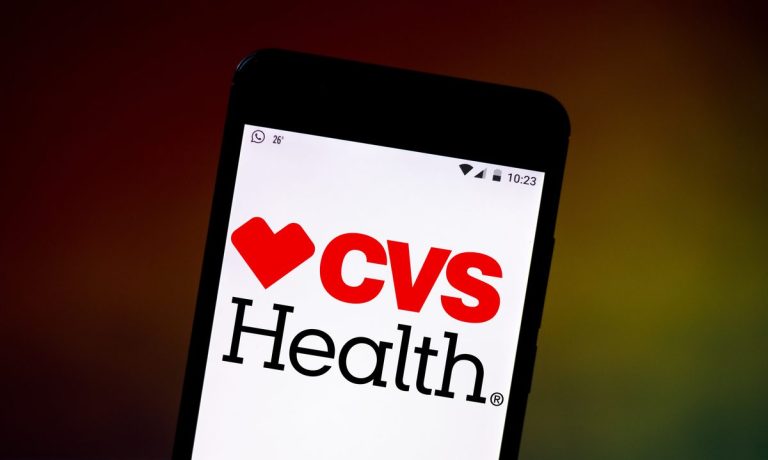COVID-Related Stress and Rising Demand See CVS Expand into Mental Health Counseling

Just like other goods and services, consumers also want convenient and efficient access to a range of healthcare choices and CVS is the latest entrant trying to meet this changing need.
For all the well-documented fatalities and respiratory ravages that COVID-19 has inflicted, the virus has also unleashed a lesser-known torrent of mental health issues. It’s a reality that is causing CVS and other providers that aren’t normally associated with offering counseling and therapeutic appointments to enter the category with new offerings that make mental health counseling accessible and convenient.
In unveiling its new program, CVS said the demand for these types of services was highlighted by the fact that just under half of Americans have had concerns about the physical and mental health of family and friends, and just over a third have concerns about increased isolation.
In response to these and other needs, CVS Health began offering consumers access to licensed clinical social workers in select locations in January 2021 and is now expanding the pilot to select stores. These professional mental healthcare providers offer both in-person and telehealth sessions that address feelings of stress, anxiety, grief, depression and more.
This counseling is available at select locations in four states: Florida, New Jersey, Pennsylvania and Texas. The company says it is frequently adding new locations.
These sites are located within existing MinuteClinic locations. These are walk-in medical clinics inside CVS Pharmacy stores that already provide a wide variety of acute, wellness and chronic disease care.
More Than Meds
The new service offering comes at a time when CVS Health found that more people are exploring different avenues of care. In a study released in July, it reported that over the past year the percentage of consumers who said they preferred to receive routine care from primary care providers had dropped while the percentage who preferred to receive it from online resources, community health centers, and local pharmacies had grown.
“We continue to play a critical role in helping American prevail against the pandemic while demonstrating the effectiveness of our unique business model, which is focused on meeting customer needs through innovations that make health care more local, affordable and connected,” CVS Health President and CEO Karen S. Lynch said when reporting the company’s second-quarter results in early August.
To be sure, CVS isn’t alone in its pursuit of this trend. Walmart recently reported seeing a similar opportunity to meet the changing preferences of consumers. For example, when it announced in May that Walmart Health was acquiring telehealth provider MeMD, Walmart noted that the acquisition will allow Walmart Health to provide access to virtual care across the nation, including urgent, behavioral and primary care.
“Today people expect omnichannel access to care, and adding telehealth to our Walmart Health care strategies allows us to provide in-person and digital care across our multiple assets and solutions,” Dr. Cheryl Pegus, executive vice president, Health & Wellness, said when announcing the acquisition.
Digital Service Demand
PYMNTS research finds that millennials, like many other age groups of patients, have positive views of in-person healthcare services as long as payment and communications friction is kept to a minimum. It found that healthcare providers should also focus on improving their relationship with their existing patients by making the in-person visits that millennials consumers value better customer experiences.
Read more: Report: Three-Quarters Of Younger Consumers Want Healthcare Payment Plans
To do that, the research suggests that healthcare providers tap at least one digital tool to manage healthcare interactions and make sure visits are focused on care and not on administrative tasks.
By offering a wider variety of services, and delivering those services via many channels, healthcare providers can provide what today’s consumers want — access to goods and services when, where and how they want to receive them.